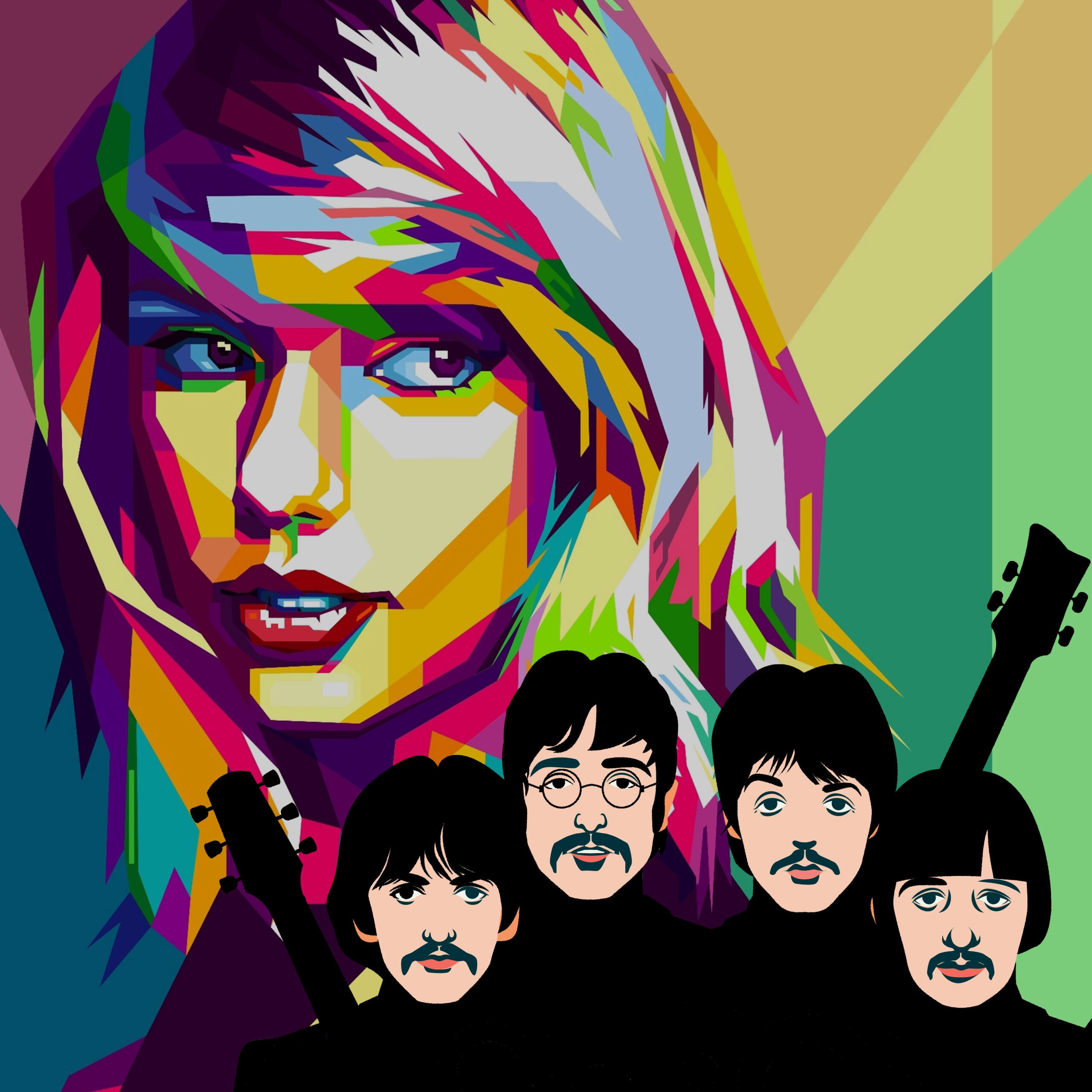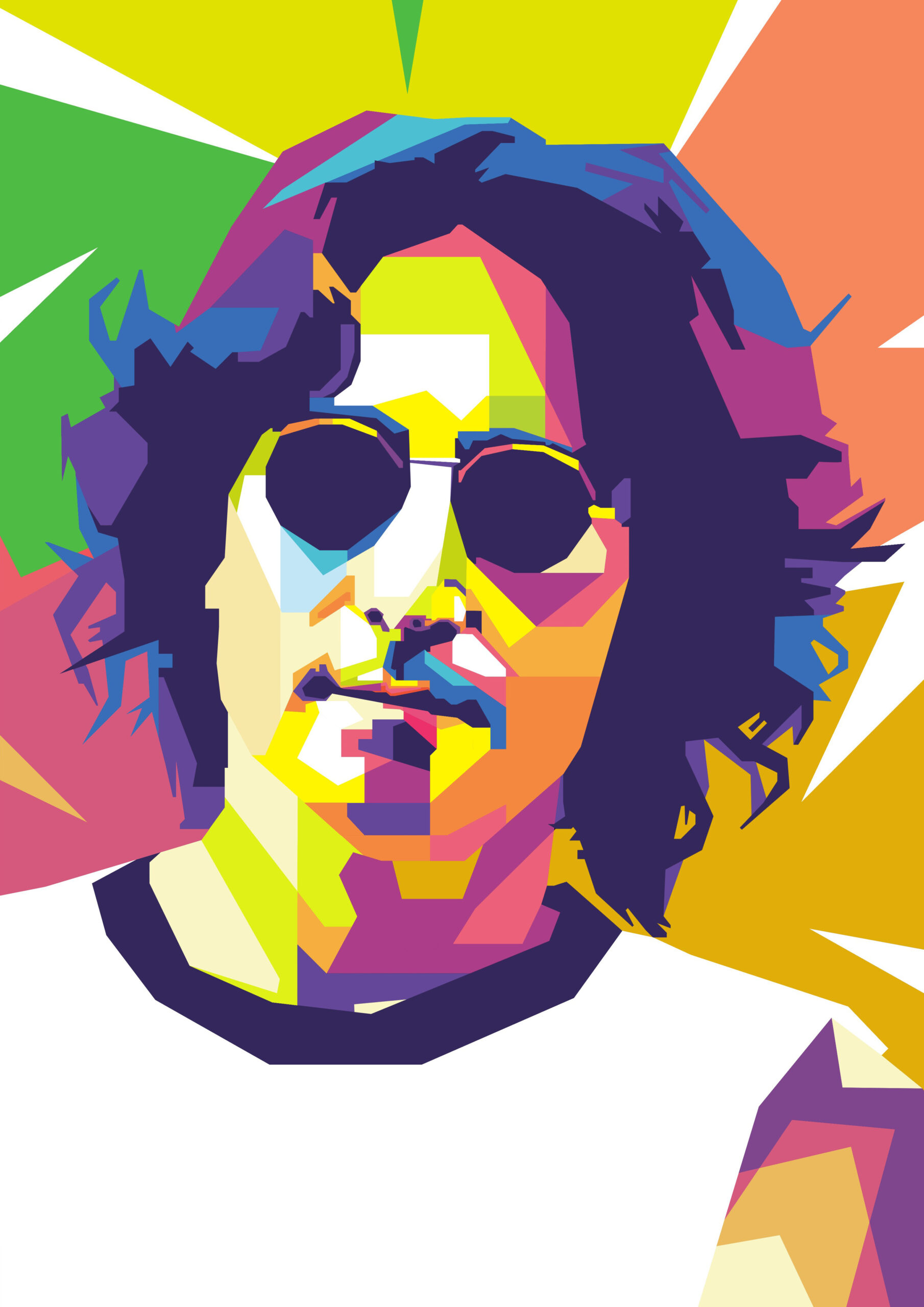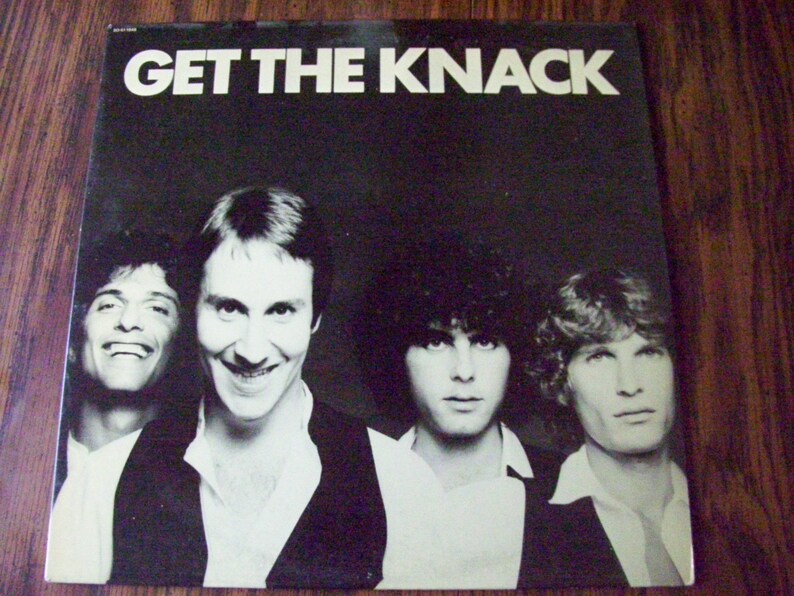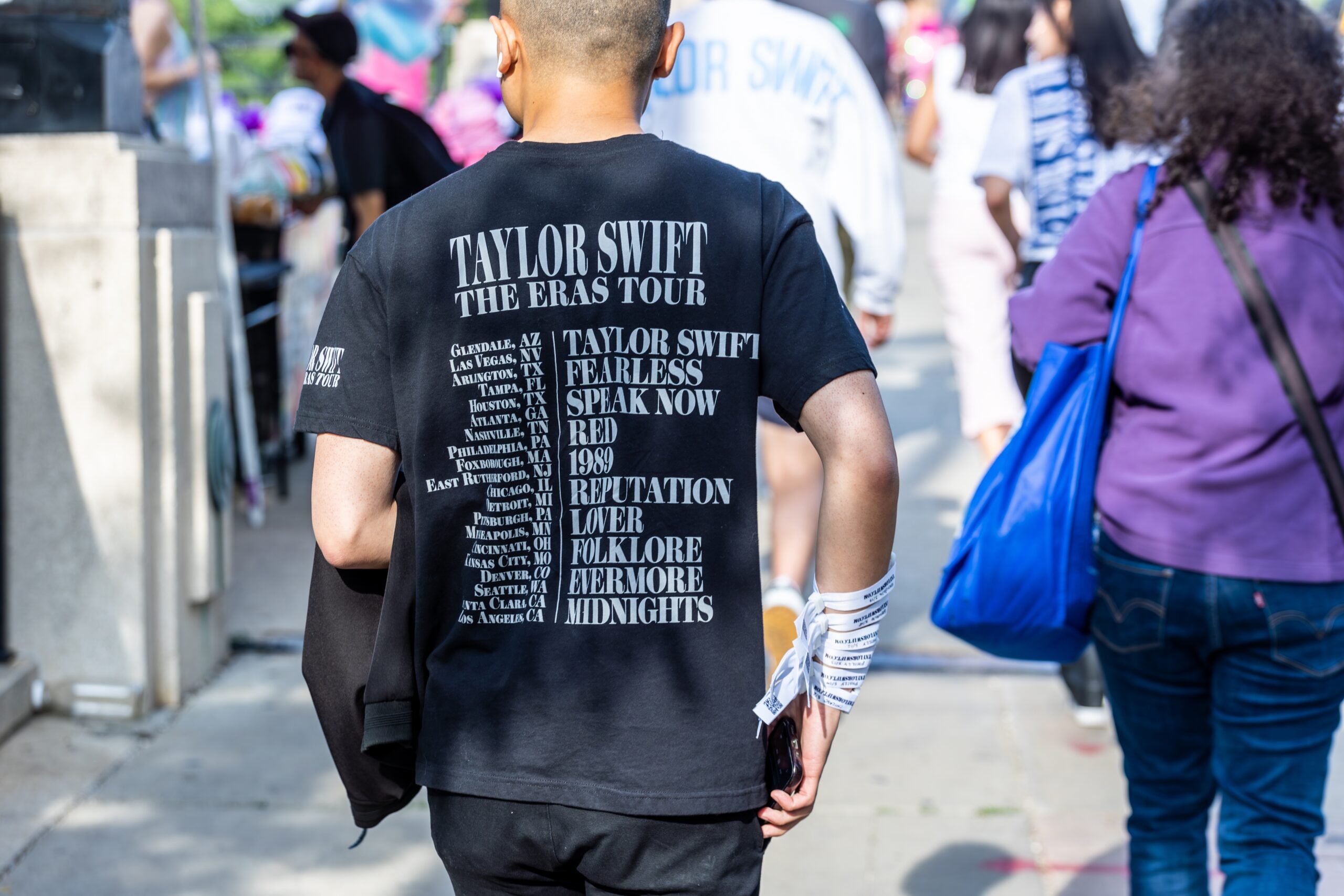
Talk about kicking a hornet’s nest. That’s what I did back in August when I wrote a blog post pondering whether Taylor Swift had possibly reached heights similar to those scaled by the Beatles back in the ’60s. Unbeknownst to me at the time, this post set all-time records for this blog – and that covers the better part of 19 years of posts. While it may have been compelling or even controversial, our suspicion is that some Swifite network picked up on it, and well…you know the rest.
Taylor Swift vs. the Beatles is the kind of question that creates all sorts of hypotheticals – there was no social media or “influencers” back when Nixon roamed the White House and Neil Armstrong historically set foot on the moon. Then again, the Beatles had everyone’s attention – the entire population heard their music on local radio stations and watched their performances on The Ed Sullivan Show. With only three TV networks to choose from back then, it was a lot easier getting the public’s attention back in 1964.
But the media environment during those days only tells part of the story. As has always been the case, it is often about the passion each performer’s fans bring to the table. Yesterday’s Beatlemaniacs are no longer screaming teenage girls at concerts – they’re senior citizens who begin many sentences with “back in the day.”
And then there are the Swifties, a powerful tribe numbering in the millions, all deployable by Ms. Swift and her remarkable team with just a post on Instagram or a video, an email, or a TikTok video. They aren’t just fans – many traveled extensively to see Ms. Swift perform throughout the “Eras” tour, while scarfing up her profitable merch at a record rate. Tay-Tay improved the U.S. economy, while providing incredible financial boosts to the cities that hosted her shows. The facts and figures I listed in this post when it originally was published are from this past August, so you can only imagine how much they’ve increased in just the past few months.
And you don’t end up Time‘s “Person of the Year” by a stroke of luck. She is the first musician to take this honor. That might make you wonder why the Beatles didn’t win the “man of the year” honor back in 1964 when they exploded on the American scene. That year, the award went to General William Westmoreland, the military man linked with the escalation of America’s involvement in the Vietnam War. (What – you’ve never heard of him?) Back then, pop culture didn’t dominate the news like it does today.
So, weigh in on this rekindled debate during our “Best of” week…or just sit back, watch the fireworks, and be amused and amazed by the emotions stirred up, even during “the most wonderful time of the year.” It says something about the power of music in our lives and how much we love to argue about it. But then again, it’s better than talking politics. – FJ
August 2023
The Beatles broke up in 1970. If you were someone “of age” back then – and I most certainly was – the news came as a cultural explosion, the end of an era. There had been rumors of disharmony, boredom, deceit, and delusion for some time, especially around John and Yoko who were clearly marching to the beat of a drummer other than Ringo.
Beatles fans had their look behind the scenes a couple Thanksgivings ago – that 9-hour 3-part documentary produced by Disney and directed by Peter Jackson that painstakingly watched John, Paul, George, and Ringo disintegrate right before our very eyes. At times, Get Back was an ordeal just to watch, so it must have been more brutal to endure it in real life.
Looking at John, Paul, George, and Ringo on this revealing doc, you could see the toll the stress of being the Beatles put on their lives. And after a mere six years in that white hot spotlight, the greatest rock n’ roll band of our lifetimes broke up.
But with no Internet, no social media, and the “mainstream media” not providing the kind of coverage we’re used to now, it all came as something of a shock to the Baby Boomers of that era. The Beatles weren’t just musical Pied Pipers. They were cultural icons who set the standard for their dress, their hair, and their breezy style.
And seemingly from the moment the Fab Four broke up, musical circles started humming with speculation about a reunion, even humorously proposed a couple years later by Saturday Night Live executive producer, Lorne Michaels, who in 1976, satirically offered those mop tops from Liverpool a $3,000 check to reunite on the show.
(There’s an amazing story behind that “offer” as Paul and John were actually watching that SNL show together in the Dakota in New York City, John’s home. I’ll embed a video at the end of this post that Paul narrates.)
 It, of course, was not to be. But even this year, a story broke a few months back about Paul using AI technology to clean up a cassette tape John had recorded with the song “Now And Then.” If true, we might get to hear a “new” Beatles song before the ball drops in Times Square this December.
It, of course, was not to be. But even this year, a story broke a few months back about Paul using AI technology to clean up a cassette tape John had recorded with the song “Now And Then.” If true, we might get to hear a “new” Beatles song before the ball drops in Times Square this December.
Over the decades, there was conjecture, speculation, and even hope “the next Beatles” would happen along, picking up where the Fab Four left off. Clearly, this new phenomenon would be different from the Beatles, but there was a sense we’d know it when we saw it.
There were a few red herrings over the years – the Knack, out of Detroit seemingly played into the rumors, but their spark burned brightly for a cup of coffee or two before fizzling out. A mystery band known as Klaatu came around two years earlier, bathed in mystery. Even without the worldwide web, conspiracy theories made the rounds these guys were in reality, the Beatles. That one didn’t last long either.
Klaatu came around two years earlier, bathed in mystery. Even without the worldwide web, conspiracy theories made the rounds these guys were in reality, the Beatles. That one didn’t last long either.
Then there were a series of bands some thought might come close. The ’80s were pretty much a wash. Aside from the birth of MTV and the era of the music video, the decade was more about Michael Jackson, Madonna, and the birth of Rap.
The ’90s ushered in the Grunge phase, but it too flamed out after a few short years, dampened by the tragic death of Kurt Cobain.
As the years rolled by and the music and radio industry changed, it became clear to many media observers the conditions that helped spawn the Beatles (and Elvis and Sinatra before them) simply didn’t exist. When the Beatles came to America nearly 60 years ago, their debut on CBS-TV’s Ed Sullivan Show attracted 73 million viewers. But back then, there were only three television networks, a bunch of AM radio stations, and the newspaper and magazine industries. Americans, in particular, were collectively listening and watching the same media content.
Unlike today, where fragmentation has become the norm. Our media choices seem exponential. There are hundreds of cable TV channels, but millions and millions of entertainment options on YouTube, Twitch, TikTok, and countless other sites and social media platforms.
Where we once waited in line to buy a copy of Abbey Road the day the album came out (I did that, too), now every song ever recorded can be played on your mobile phone. For the majority of consumers, there’s no reason to buy music, unless you’re a collector. Music has become disposable, a commodity.
Sgt. Pepper’s was a theme album, a cultural breakthrough, a true phenomenon. Today, albums barely exist. The artwork and design, liner notes, and the other accoutrements that accompanied a record are a quaint thing of the past.
 We’re all watching and listening to different stuff, often programmed by algorithms created in no small part to continue to give us what we want. That is, more of the same.
We’re all watching and listening to different stuff, often programmed by algorithms created in no small part to continue to give us what we want. That is, more of the same.
That’s why the Taylor Swift phenomenon this year is so damn impressive. While some of you may threaten to take away my Classic Rock bona fides (and my decoder ring), it is hard not to look at what Taylor Swift is accomplishing and not make Beatlesesque comparisons.
It was crystalized for me in a recent New York Times piece by Ben Sisario. His sub-headline sums it up nicely:
“The pop star’s record-breaking, career-spanning show has dominated the summer, commanding attention and whipping up demand at a level thought unachievable in a fragmented age.”
That’s right. In a “long tail” media world where we can access just about any content on any device wherever and whenever we like, Taylor Swift’s Eras Tour, its amazing merch, and the swirl she has created around her persona is mind-boggling.
Unlike the Beatles who exploded on the scene as the leaders of “The British Invasion,” Taylor Swift’s rise to these heights has been a steady hum of fandom, brilliant calculation, and smarts the likes we just haven’t seen – perhaps ever.
fandom, brilliant calculation, and smarts the likes we just haven’t seen – perhaps ever.
At 33, she has accomplished much, with much more runway to grow. Consider that when the Beatles walked away from their fame and fortune, none of the four had turned “the big 3-0.”
Consider the following factoids about Swift:
- She has an army of fans – Swifties – that is every bit as loyal and committed as the kids who reveled in Beatlemania.
- Swift dodged bullets during the Ticketmaster meltdown at the beginning of the tour. And as is the case in recent years, many fans have now seen the Eras Tour in multiple cities around the country (and the globe).
- She waged a successful battle to win back control of her music, an effort that included rerecording her first three albums, creating “Taylor’s Versions.”
- Taylor Swift has stamina. The Times reports that after polishing off 53 shows in the U.S., Eras will go international for 78 dates, and then return to North America in the fall of 2024. She’s also a great live performer, and of course, that generates an amazing power as acts like Bruce Springsteen have shown.
- Speaking of the Beatles (and Prince), Swift recently matched an amazing record – three top 10 hits on the chart this past June. Even more impressive, all three songs are from different albums.
- Like Lennon and McCartney, she’s a gifted songwriter, earlier in her career, crossing over from Country to the Pop charts. She may be at the highest level of superstardom, but her songs resonate with her fans.
- Taylor Swift has mastered social media and community building, tools unavailable to the Beatles, the Stones, and others of that era. But even many of today’s superstars pass those duties off on staffers, barely engaging with fans. She speaks to her fans directly via social.
- For superfans, she leaves messages – “Easter eggs” – in her albums and videos. That code communication creates a deeper level of intimacy between the artist and her community. Not surprisingly, the Beatles did this, too. (“Here’s another clue for you all. The walrus was Paul.”) Brilliant.
- She has values, and has made risky political statements over the past several years. Interestingly, the Beatles flourished by displaying similar behavior in their opposition to the Vietnam War. In our polarized world today, Taylor Swift has stuck to her beliefs.
- Observers remark on Swift’s great team – the way she treats fans and industry people, the attention to detail. If you’ve met her through a connection to radio, you know those backstage moments are personal and warm. She remembers you, who’s visiting and how to connect with them. And all that interaction gets amplified all over social pages, the story of a fan’s life.
This list could go on. And on.
That’s a huge point. While Taylor Swift is a gifted artist, singer, songwriter, and marketer, her unprecedented success is proof positive of the importance of attention to detail…and doing the right thing.
Last week, she was lauded for handing out six-figure bonuses to her road crew and truck drivers – an act of appreciation that also elicited a great deal of press coverage.
Eighteen years into a grueling business, she’s at the top of her game – not on the “back 9” where so many artists end up after the touring, the burnout, and the wear and tear.
I’ll give the last word to someone who knows this stuff well, William Martin Joel – but you know him as Billy, who showed up, family in tow at the Eras Tour stop in Tampa:
“The only thing I can compare it to is the phenomenon of Beatlemania.”
I get it.
As promised, here’s that video, featuring Lorne Michaels’ reunion offer to the Beatles, with a reaction narrated by Paul. – FJ
- Media And Technology In 2025: Believe It Or Not! - April 18, 2025
- In Radio, You Just Never Know - April 17, 2025
- The Secret To Making A Great Podcast (And Great Radio) - April 16, 2025





NO one can dispute the success of Ms. Swift, nor her marketability. The next Beatles? Well, Taylor has been around for much longer than The Beatles. However in 1964 John, Paul, George and Ringo’s success spawned dozens of other groups that were part of “The British Invasion”. Can you name more than 3 Taylor Swift wannabees?
Places to discover music are as numerous as cars on your local expressway at rush hour. The good news is that Taylor’s success still proves that music can be a shared experience like it was in 64. Or 54. or 44. It’s just going to be harder to break through. Happy Holidays, Fred (and Paul and associates).
Thanks as alawyas, Dave, for engagin here.
Long time Beatles fan here. Only very recently started listening to Taylor Swift, after she released folklore and evermore. I’m a big fan of the National and that was my entrance point. I have recently come to the same conclusion that Billy Joel did: the only musical artist you can compare her to as far as public impact is the Beatles.
Of course, the Beatles changed the world. I don’t think Taylor is there yet in that regard. But she is certainly amazingly talented, hard working, brave, and incredibly smart.
Funny, Chris, I just saw a news feature on how Republicans are growing increasingly concerned over Taylor’s influence on young voters, especially women. Then there’s the TIME designation, and the fact she’s a more powerful economic force than some United Nations countries.
As an original Beatlemaniac myself, I don’t take the comparisons lightly. The Beatles changed the world, not to mention music and pop culture. Their anti-war views and their stands on peace and love were epic anad long-lasting. But Ms. Swift is not done yet. There are more chapters to be written.
I saw a news feature over the holidays on one of the cable news channels suggesting Taylor has moved the needle on voting and advocating for issues she’s passionate about. We might get to see her influence in November. It could be innteresting, Chris.